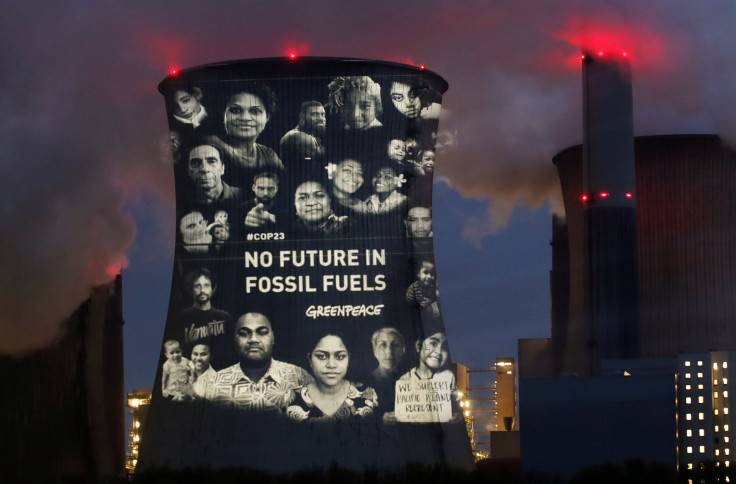Fossil Fuel Stockpiles Could Cause Economic ‘Carbon Bubble’ Worth Trillions Of Dollars

President Donald Trump withdrew the United States from the Paris Climate Agreement on June 1, 2017, and exactly a year later, also directed his administration to take steps that would prevent the closure of coal and nuclear power plants in the country. Meanwhile, the production of U.S. shale is at record highs (the price of gasoline in the domestic market is also at its highest in several years) and crude oil production heavyweights, like Russia and the Saudi Arabia-led Organization of the Petroleum Exporting Countries (OPEC), are also mulling increasing their output.
Despite the virtual stranglehold on global production of crude oil by OPEC and Russia, and the pursuit of environmentally-unfriendly policies by the Trump administration, a new study found there is an economic “carbon bubble” forming, one that could lead to the sudden loss of up to $4 trillion in the global economy by 2035, mostly accounted for by “stranded” fossil fuel stockpiles.
Economists and policy experts from Cambridge and the Open universities in the United Kingdom, Radboud University in the Netherlands, Macau University, and Cambridge Econometrics ran detailed simulations that showed technological changes in the energy and transport industries would lead to a significant decline in the global demand for fossil fuels in the coming years. This change in the near future would occur even if major nations did not adopt climate-friendly energy policies, leading to a slump in fossil fuel prices and stocks of associated companies.
“Until now, observers mostly paid attention to the likely effectiveness of climate policies, but not to the ongoing and effectively irreversible technological transition,” Jean-François Mercure, study lead author from Cambridge University’s Centre for Environment, Energy and Natural Resource Governance (C-EENRG) and Radboud University, said in a statement Monday.
Since the International Energy Agency said in a 2016 report that fossil fuel prices were set to rise till at least 2040, a number of long-term investments have been made in the sector. But a sharp drop before 2035, as projected by the researchers’ simulations, would lead to between one and four trillion dollars being wiped off the global economy. If that were to happen, it could lead to a financial meltdown the likes of which the world hasn’t seen (the 2008 financial crisis was triggered by a loss of $250 billion).
Some big economies — like China, Japan and many countries in the European Union — which currently rely on costly fossil fuel imports, would benefit in the scenario of the prices collapsing. Additionally, if they were to invest in a timely way in low-carbon technologies, they would both boost their gross domestic product as well as create jobs.
On the other hand, the domestic fossil fuel industries in major carbon exporters with relatively high costs of production — like Canada, Russia and the United States — would completely collapse. The ensuing losses would be worse if their governments failed to invest in renewable energy resources, the researchers said. OPEC members would be the only ones still capable of producing fossil fuels cheaply, even as prices drop.
Jorge Viñuales, study coauthor from Cambridge University and founder of C-EENRG, said: “Our analysis suggests that, contrary to investor expectations, the stranding of fossil fuels assets may happen even without new climate policies. This suggests a carbon bubble is forming and it is likely to burst. Individual nations cannot avoid the situation by ignoring the Paris Agreement or burying their heads in coal and tar sands.”
The study, titled “Macroeconomic impact of stranded fossil fuel assets,” appeared online Monday in the journal Nature Climate Change.
© Copyright IBTimes 2025. All rights reserved.





















